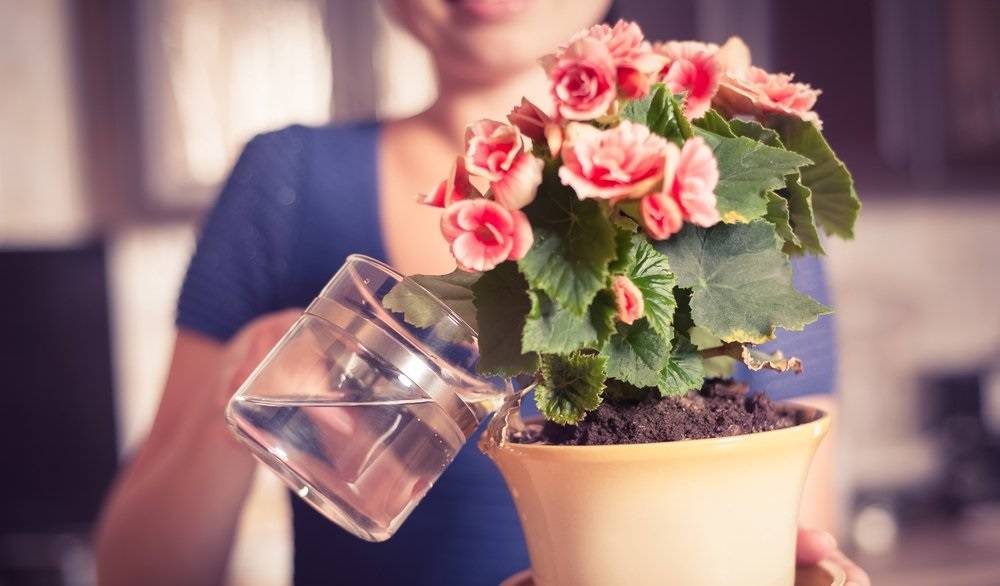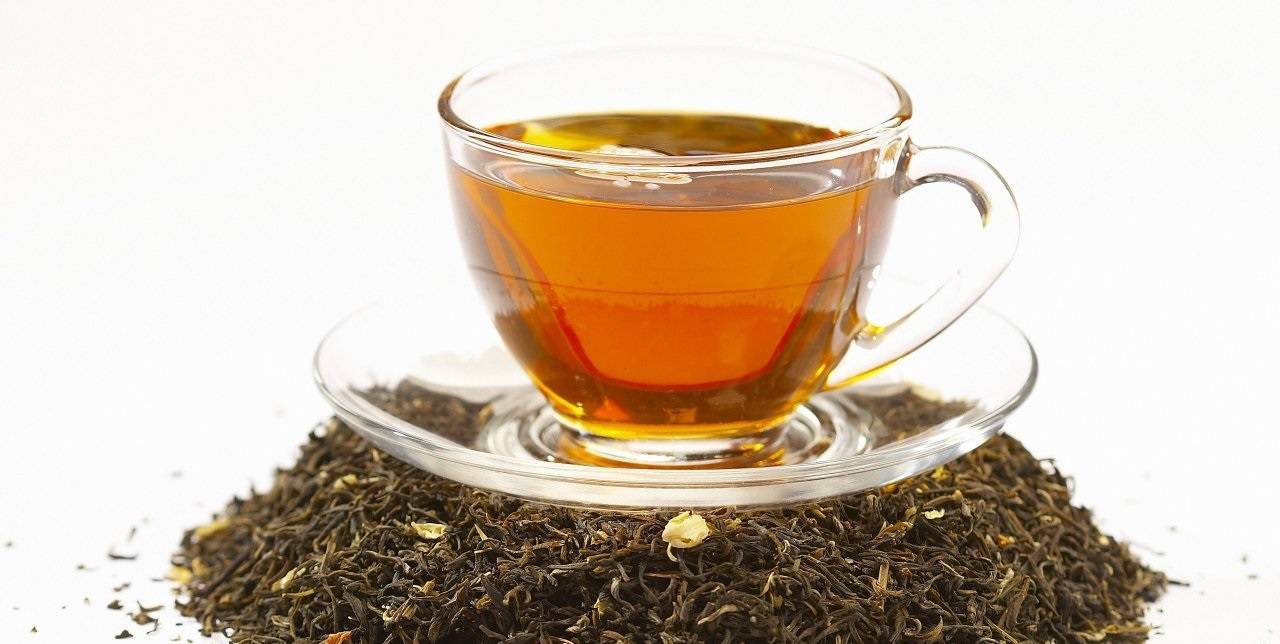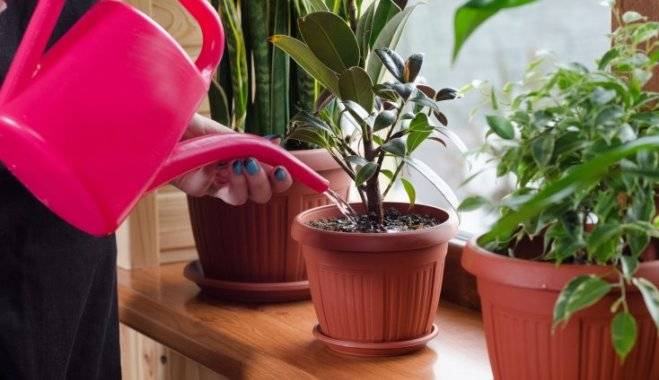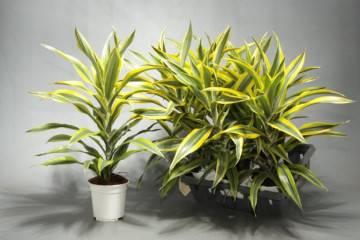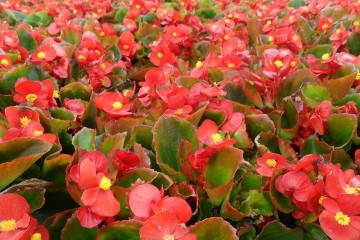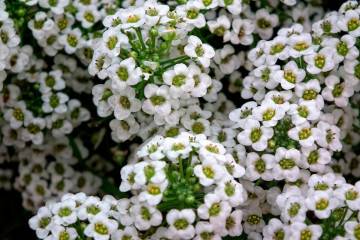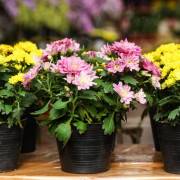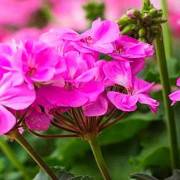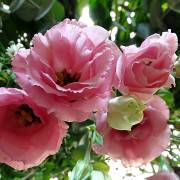What water to water indoor flowers
Content:
Plants are living beings, therefore, they also need high-quality and clean water. It is low-quality watering that is most often the cause of many diseases: yellowing of leaves, dropping of buds, stopping flowering and growth. Indoor flowers have nowhere to get additional moisture, in contrast to crops growing in open ground. Therefore, it is important to provide them with good and useful irrigation.
What water to water indoor flowers
The basic rule for humidifying all crops is that the water for watering indoor plants should not be cold and hard.
It is strongly not recommended to use tap water with various unknown impurities.
Note!
Filtered and separated
The flowing line will be suitable for irrigation if it is filtered or defended. Since it contains a high level of chlorine, which burns the leaves, it is necessary to purify the liquid.
You can filter the liquid at home, using special filters. They remove heavy metals, chlorine and other harmful elements.
To defend the liquid, you need to collect it in a container. The wider the pan, the faster the chlorine will evaporate. The container is left for a day, while stirring every 3 hours so that the chemical element evaporates not only from the upper layer of the volume.
Can flowers be watered with mineral water
Many growers mistakenly believe that softening occurs in mineral water, thanks to macro- and microelements. However, it contains many different heavy minerals, which makes it tough.
Perhaps a single watering with mineral water will not harm the bushes, but you should refuse the regular procedure. Otherwise, salt will begin to deposit in the soil, a white bloom will appear. The leaves and stems will turn yellow and begin to dry out.
Distilled water
Some housewives moisten indoor shrubs with distilled water. It is usually purchased in stores in large 5 liter bottles. But is it possible to water indoor flowers with distilled water, will it not harm the plants? Everything that is good for man is good for plants. Unlike mineral carbonated, distilled one has a beneficial effect on the condition of the bushes.
How to soften water at home for watering flowers
There are several other ways you can soften the water for watering your indoor plants. For example, prepare melt water. In winter, you can simply collect snow and heat it on the stove. Water mixed with lemon juice or citric acid works well. If you water the bushes with such a solution, it will be a prophylaxis against chlorosis, which houseplants often suffer from. The liquid can be softened by adding peat to it. In addition to saturating the soil with moisture, the roots will receive good feeding.
Note!
Is it possible to water flowers with beer
Analyzing various methods of irrigation, another question arises: "can I water the flowers with beer?" This procedure is more related to feeding, since the beer drink contains yeast.
The procedure is rather controversial, due to the fact that modern beer composition is not entirely useful for bushes. Beer watering has its pros and cons. Old or home-brewed beers have merits, but store-bought beers are best avoided. It can cause mold, mildew and an unpleasant, pungent odor.
Is it possible to water indoor flowers with water from an aquarium
Recently, aquarium water has been used to moisturize plants. In its composition, it is not similar to the river one, therefore it is useful for flowers. Aquarium liquid can replace top dressing, as it contains waste products of animals living there. In addition, it is full of microorganisms and is the ideal temperature for watering.
Is it possible to water indoor flowers with serum
Whey is very beneficial for plant growth. It saturates the root system with useful organic and mineral substances. If the roots are well nourished, then the ground part of the bushes will be healthy.
Irrigation with serum is an irreplaceable and effective prevention against fungal infectious diseases. The product works no worse than special preparations of fungicides designed to combat pests and diseases.
Note!
Is it possible to water flowers with tea leaves and tea
Watering with tea leaves is carried out when it is necessary to feed the plants a little. For this method to be beneficial, it is necessary to brew the tea correctly. And then at one time you can water and feed. Tea contains the following substances necessary for plants:
- manganese;
- potassium;
- calcium;
- magnesium.
Watering with tea is done irregularly and after the acidity level of the soil is determined. If the acidity is low, you should not use this method. The tannins contained in the brew reduce the acidity. Therefore, it is necessary either to increase its level on its own, or to refuse such moisture. To increase the acidity, you need to add ash to the ground.
Green and black teas are suitable for irrigation; herbal preparations will not be harmful either. The procedure is carried out every week, not more often. Tea should not be hot, liquid at room temperature is used.
It should be noted that this method has a drawback. Some indoor shrubs from such moisture can develop chlorosis. Therefore, at the slightest sign of illness, it is necessary to stop the procedure.
You can also use fresh tea leaves for mulching plants, just sprinkle it with a small layer of earth on top so that insects and pests do not appear.
Important!
There are many different types of watering, but the plant can only get by with a few of them. If irrigated correctly and on time, this will be sufficient for healthy crop growth. Excessive enthusiasm for hydration can contribute to the appearance of diseases.
